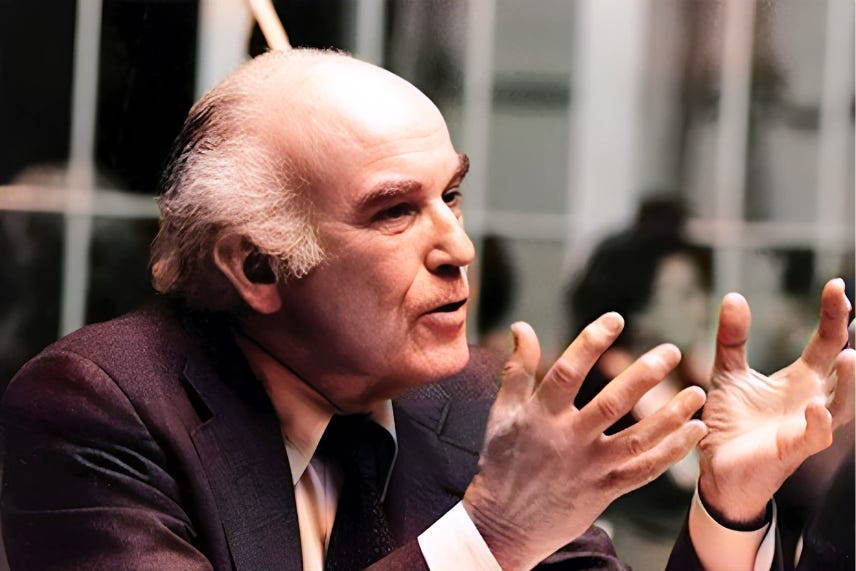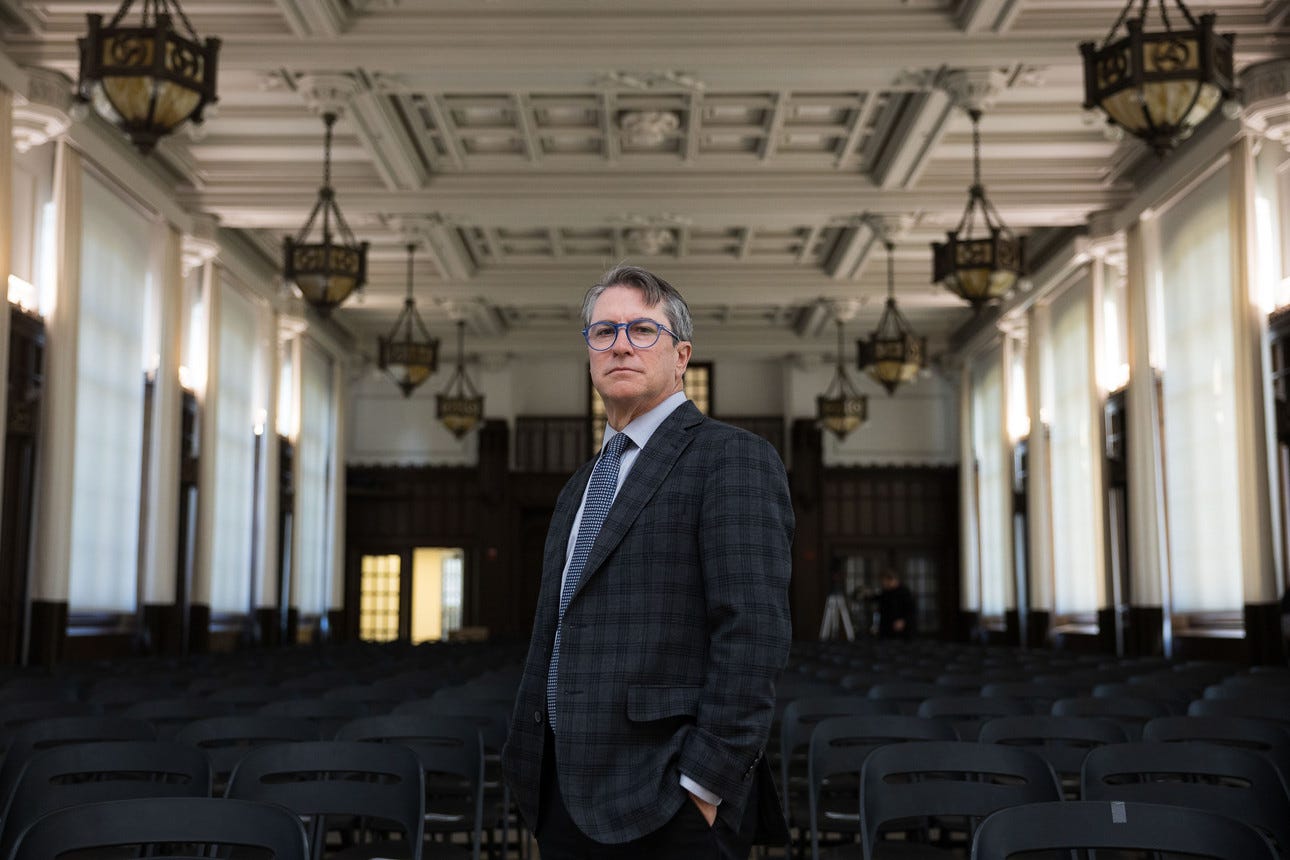Written by Mark Richardson, convener of the Melbourne Traditionalists. Article originally published in the ‘Oz Conservative’.
I've finished the first chapter of Robert Nisbet's The Quest for Community, published in 1953.
It was extraordinary to read. I had imagined that this would be a dry work of sociology, but it is powerfully written and almost impossible to extract "the good bits" because it is all so memorably expressed.
Nisbet's argument
In my last post I described the first part of Nisbet's argument, namely that in the nineteenth century there was an optimistic account of the growing "individuation" of society. It was assumed that the individual was self-sufficient and had all that was needed to fulfil his potential innate to himself. He simply needed to be liberated from tradition, including traditional social relationships and forms of community. Particular relationships were sentimental and outmoded, henceforth society would be organised on more impersonal and "rational" lines (e.g. via the market or general legislation). History, too, had a power of impersonal social organisation that guaranteed social order and progress.
Nisbet then describes a reaction to this nineteenth century view. Intellectuals became increasingly pessimistic about social changes, using terms such as disorganisation, disintegration, decline, insecurity, breakdown and instability. Some excerpts:
At the present time there is in numerous areas of thought a profound reaction to the rationalist point of view...There is a decided weakening of faith in the inherent stability of the individual and in the psychological and moral benefits of social impersonality...A concern with cultural disorganization underlies almost every major philosophy of history in our time...Toynbee's volumes...are directed to the feelings of men who live beneath the pall of insecurity that overhangs the present age.
...Is it not extraordinary how many of the major novelists and poets and playwrights of the present age have given imaginative expression to themes of dissolution and decay - of class, family, community and morality?
...Where the nineteenth century rationalist saw progressively higher forms of order and freedom emerging from the destruction of the old, the contemporary sociologist is not so sanguine. He is likely to see not creative emancipation but sterile insecurity, not the framework of the new but the shell of the old
The writing becomes even more trenchant in the third section of the chapter:
A further manifestation of the collapse of the rationalist view of man...is the conception of man's moral estrangement and spiritual isolation that pervades our age. Despite the influence and power of the contemporary State there is a true sense in which the present age is more individualistic than any other in European history. To examine the whole literature of lament of our time...and to observe the frantic efforts of millions of individuals to find some kind of security of mind is to open our eyes to the perplexities and frustrations that have emerged from the widening gulf between the individual and those social relationships within which goals and purposes take on meaning.
Nisbet makes a similar point here to that of Patrick Deneen in his recent book Why Liberalism Failed, namely that individualism and statism in practice grow together. The more individualistic a society, the greater the role of the state. Nisbet also observes that individualism is counterproductive as it harms the individual by undermining the "social relationships within which goals and purposes take on meaning".
Nisbet continues:
Frustration, anxiety, insecurity, as descriptive words, have achieved a degree of importance in present-day thought and writing that is astonishing..."The natural state of twentieth-century man," the protagonist of a recent novel declares, "is anxiety."
...Where in an earlier literature the release of the hero from society's folkways and moral injunctions and corporate protections was the basis of joyous, confident, assertive individualism, the same release in contemporary literature is more commonly the occasion for morbidity and obsession. Not the free individual but the lost individual; not independence but isolation; not self-discovery but self-obsession; not to conquer but to be conquered: these are the major states of mind in contemporary imaginative literature.
Nisbet then discusses how religious thought had turned against the idea of the "self-sufficiency of man before God":
...this faith in the spiritual integrity of the lone individual is perceptibly declining in much Protestant thought of the present time..."It is this autonomous individual who really ushers in modern civilization and who is completely annihilated in the final stages of that civilization," declares Reinhold Niebuhr...Buber, Maritain, Brunner, Niebuhr, and Demant are but the major names in the group that has come to recognise the atomizing effects of the long tradition of Western individualism upon man's relation to both society and God.
Nisbet gives further evidence from the fields of sociology and psychology and ends the chapter with a quote from the historian Toynbee, who described the "proletarian" as having a consciousness "of being disinherited from his ancestral place in society and being unwanted in a community which is his rightful home."
What can we conclude from Nisbet's work? First, we have to acknowledge that the problems that we see around us today have roots that go back a long way. It is particularly interesting that Nisbet describes his own time as an age of anxiety, given the anxiety epidemic among young people today. It seems as if we have gone through a cycle and ended up back in 1953, but in an even more difficult situation.
And this raises an important question. If Nisbet was right, and the intellectual climate of his own time was highly sensitive to the level of anxiety, insecurity, guilt and alienation existing within the culture, then why have we cycled back to it once more? Why didn't this intellectual climate lead to a lasting change of course?
A note to Melbourne readers. If you are sympathetic to the ideas of this website, please visit the site of the Melbourne Traditionalists. It's important that traditionalists don't remain isolated from each other; our group provides a great opportunity for traditionalists to meet up and connect. Details at the website.




